As we explained in our “What are Incoterms® rules” article, Incoterms® are a standard set of rules developed by the International Chamber of Commerce for the delivery of goods. Incoterms® indicate which party (buyer or seller) to a sales contract bears the risk, costs and responsibilities at any given time during the delivery of goods in a particular international transaction. The ICC currently promotes eleven Incoterms®, and each Incoterm® has a unique allocation of risk, cost and responsibility for both buyer and seller. In this article, we explain the evolution of Incoterms® over the years.

When did Incoterms® Start?
The origins of what is known today as the Incoterms® rules can be traced back to the early 1800s. As trade between countries grew during the nineteenth century, shippers began to use trade terms such as FOB and CIF to specify the risks and costs of sellers and buyers, respectively. However, as time passed, differences in the interpretation of the trade terms began to emerge. By the early twentieth century, traders were uncertain about their obligations under particular trade terms. At this stage, no single institution coordinated, developed and promoted universal rules pertaining to the delivery of goods.
Incoterms® and the International Chamber of Commerce (ICC)
The International Chamber of Commerce is one of the world’s leading business organisations. The ICC’s primary function is to standardise particular commercial aspects of global trade practice. Recognising the importance of uniformity in rules covering the delivery of goods, in 1936, the ICC created universal rules for trade terms which it called ‘Incoterms®’.
The Evolution of Incoterms®
Over the years, the ICC’s Incoterms® rules have changed regarding the costs, risks and obligations of the seller and buyer, respectively. The ICC currently promotes eleven, and each Incoterm® has a unique allocation of risk, cost and responsibility for both buyer and seller. However, Incoterms® are reviewed more or less every ten years, with the latest version being Incoterms® 2020. Incoterms®, introduced by the ICC and later withdrawn, include: FOR (free on rail), DES (Delivered Ex Ship) and DAT (Delivered at Terminal).

When doing business internationally, it is not uncommon for a buyer to request the inclusion of an incorrect Incoterm®. As an exporter, you must know how to work with them! There are numerous nuances and essential factors to consider when working with Incoterms®, too many to summarise in a single article. Trade Forward Southern Africa, in collaboration with the International Trade Institute of Southern Africa, has created a free and comprehensive online training course that provides training on all aspects of Incoterms®, including understanding the critical points of FOB, CIF and CFR. Click the links below to sign up for free and get started.
To sign up to the School of Export CLICK HERE.
If you already have a profile, CLICK HERE to login to begin the module.
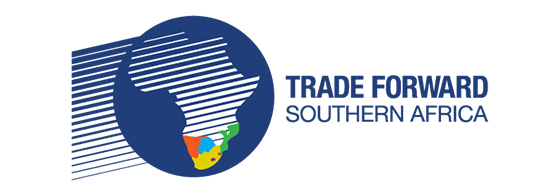
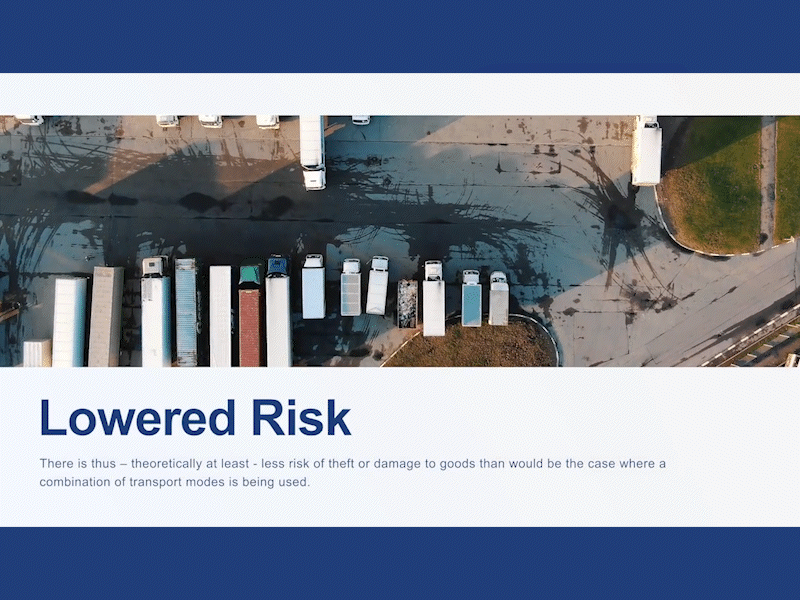
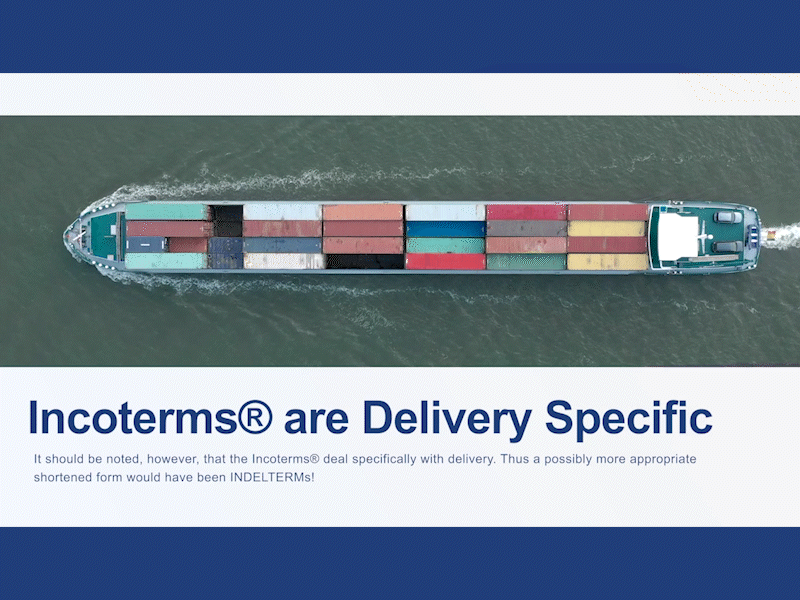
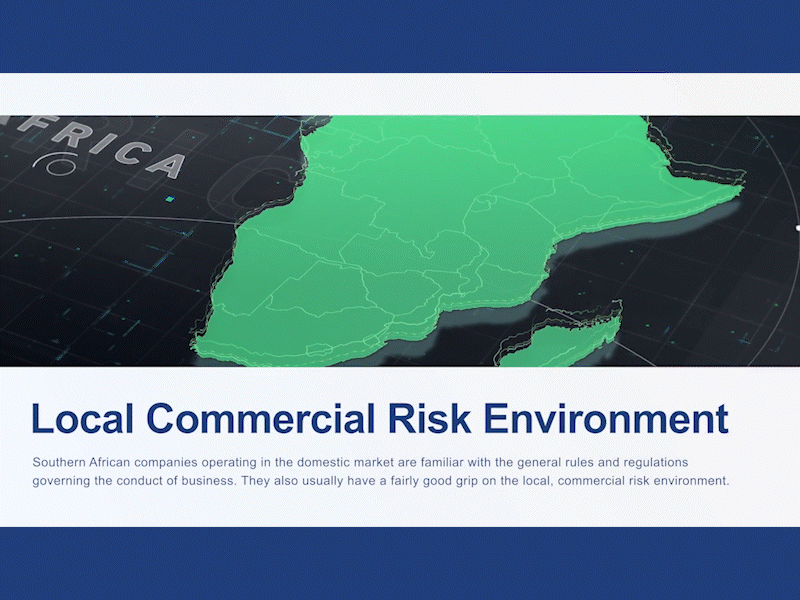
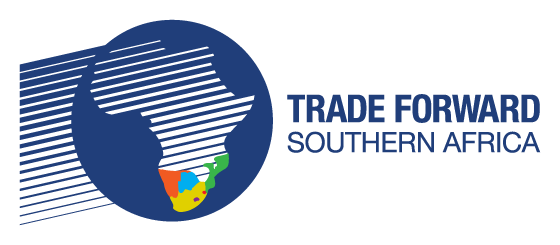





Leave a Reply